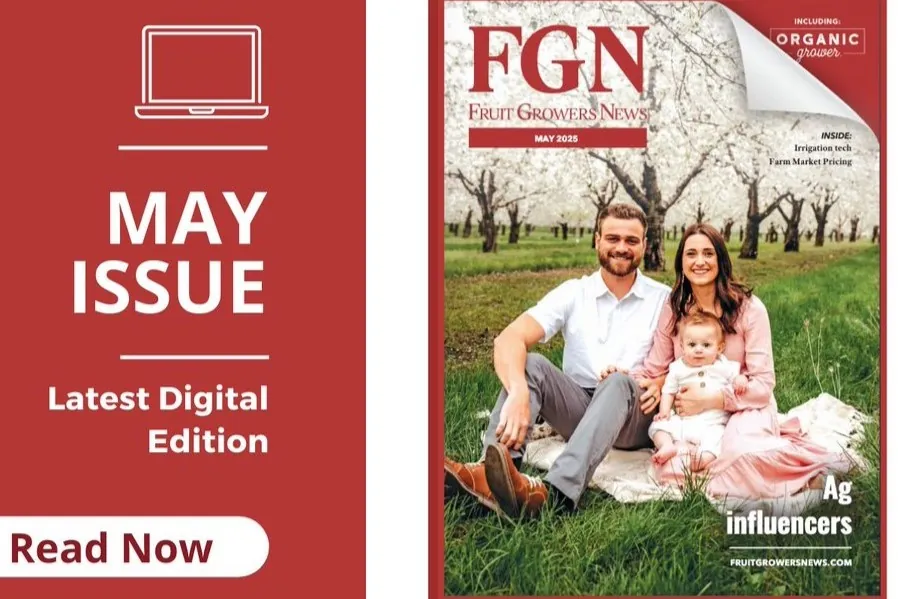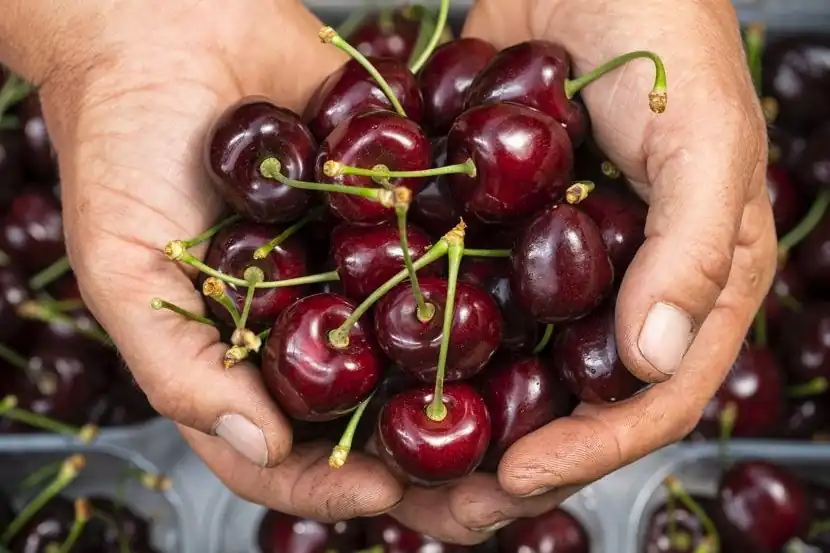Ripa di Sotto is a monocultural company specialising in the cultivation of cherries, located in Vignola (Italy). The company cultivates 17 hectares, with an average production of around 130-150 tons per year, which is above the average in the area. In addition to the production of fresh produce, the company also produces processed products, and revalues the cherry in all its forms for an all-round product experience 365 days a year.
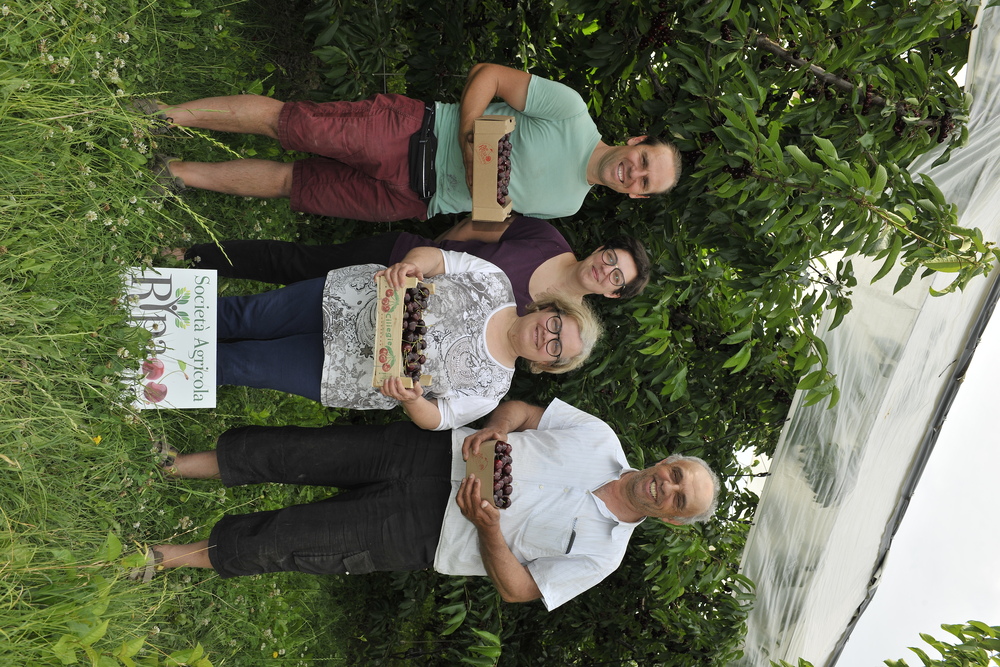
What choices have been made at the varietal level? Have there been any innovations in the short term?
As far as varieties are concerned, we try to maintain a similar percentage of early, medium and late varieties. At the moment, the latest introductions have been the varieties of the Sweet series.
Today, multitasking single-row or one-piece cover systems are becoming popular. Why don't you adopt them?
We can count on a coverage of 5 hectares. We started with Tramprain nets and we believe they are the best choice. Not only for a cost solution. They are cleaner and we find it much more convenient that we are not disturbed by wires or other parts of the nets when opening and closing them. We can also say that they also make a difference in terms of temperature. We are talking about a 3-4° difference.
If we can speak of disadvantages, we could point to the somewhat longer closing times compared to other types of covers.
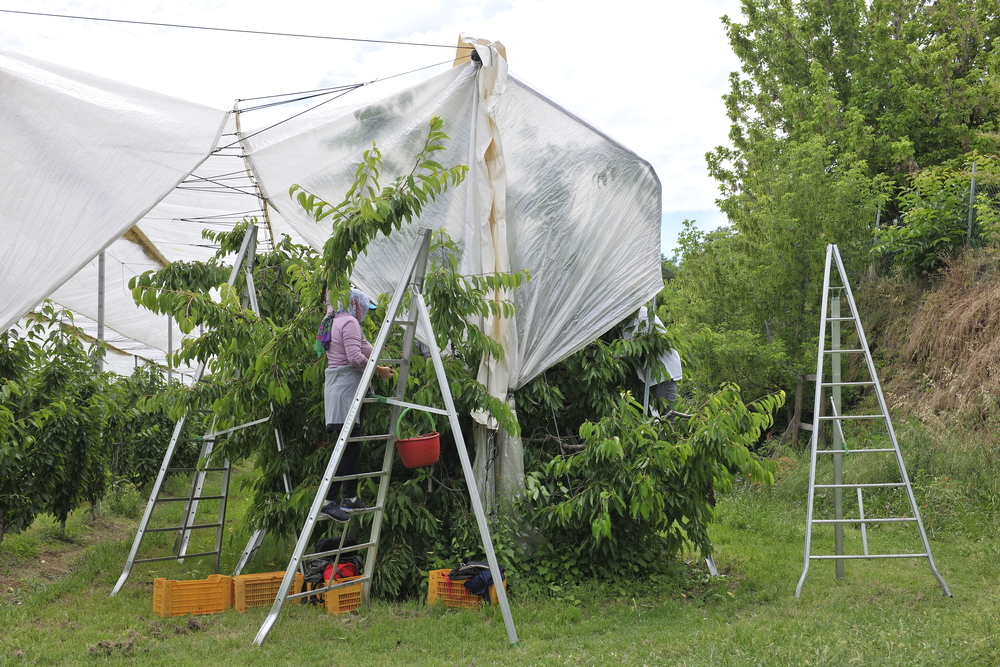
What active/passive defence systems do you adopt to protect against spring frost?
At the moment, we use two different methods: we are equipped with under-row anti-frost irrigation systems and three mobile anti-frost fans. It has certainly been a major investment, but the automatic system allows autonomous protection of several hectares of cultivated land.
Plant protection. What are the most common problems? Are there any critical issues?
The biggest issue and concern is one that unites the industry: that of Drosophila. No matter how careful one can be and work in a clean and tidy manner, there seems to be no definitive solution. The only way, so far, is to keep everything treated, regardless of cleaning and working methods.
How much does 1 ha of cherry orchard actually yield on average and how much does it cost today to produce 1 kg of cherries?
Of course, varietal differences must always be taken into account. Depending on these, we are also talking about a production of 13 to 15 tonnes/ha, but the average production tends to be around 12 tonnes/ha. As far as production costs are concerned, on the other hand, we have to say that things have become a bit more complicated in the last period.
While normally the cost should be around 2€/kg, we have realised that with the continuous increase in costs, materials and useful products, a company like ours finds itself having to make choices. This is also accentuated by the push from abroad that shows a lower product price due to the many lower production costs. And this, of course, creates a downward market situation.
Another cost to be taken into account is that of covers, but this is now considered necessary. The new systems now make it possible to have a product that is more intact from an organoleptic point of view, but also aesthetically. This obviously increases the quality of the product and allows better sales.
Finally, we must not forget that another critical factor to consider is labour. As far as we are concerned, on 12-13 hectares of production we need between 30-40 people. In addition to the high cost involved, we are also talking about a difficult time in terms of availability. We are therefore not talking about specialised personnel, especially since the work is carried out in just two months.
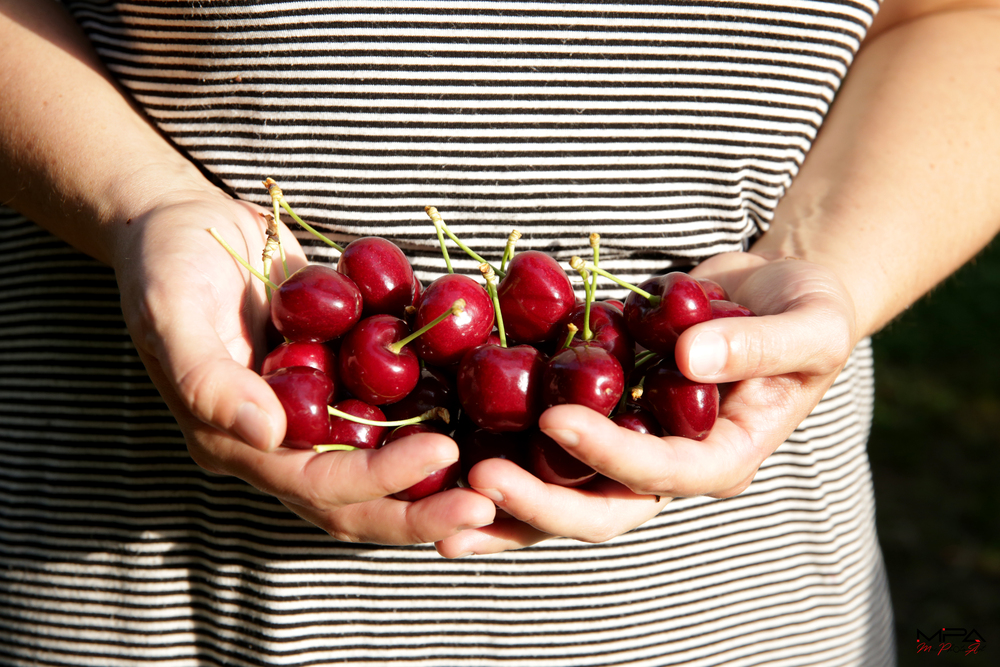
You are members of a PO. What advantages are there?
Being a member brings considerable advantages, especially in terms of logistics and post-harvesting. For a company like ours, it would be impossible, for example, to take care of all the necessary post-harvest steps independently. This is taken care of by the cooperative, along with the resulting security of the sale of the product, which is sorted on important markets.
Again, we can contract on many other aspects: for example, the cooperative manages the farm notebook, provides technical assistance, and also allows the purchase of the products necessary for crop management, sometimes even at lower prices. We can rely on this and it certainly relieves us of some tasks that we could hardly perform on our own.
Direct sale km 0, processed products, educational visits, other initiatives.... why are they important?
We generally supply all the product for sale to the PO. This type of direct sale allows us to cover our living costs. However, not all the product can always be destined for the fresh sector, so for years now we have dedicated ourselves to the production of processed products.
We have a sales outlet that has gradually grown, both in quality and in the products on offer. In this way we also try to be physically present in the territory. We do not usually participate in markets, or other initiatives where the protagonist is the fresh product.
Those who are intrigued or who want to try our products are directly directed here at the farm, we are not present anywhere else. To further improve the quality and attractiveness of the products and our service, we have also made many choices. For example, by going greener, we have eliminated the use of plastic. Even for the consumer, this is an important signal these days.
Furthermore, the processed products were created with the idea of preserving and enhancing a much appreciated local product. To this we have added, perhaps somewhat romantically, the processed products made from the Moretta cherry.
After a long process, this variety obtained the Slow Food Presidium and we felt it was our duty to preserve such a unique product as the Moretta. Hence the idea of producing compotes, jams, juices and many other processed products (syrups, sweet and sour) with different varieties. We try to keep at least 6 different varieties for sale.
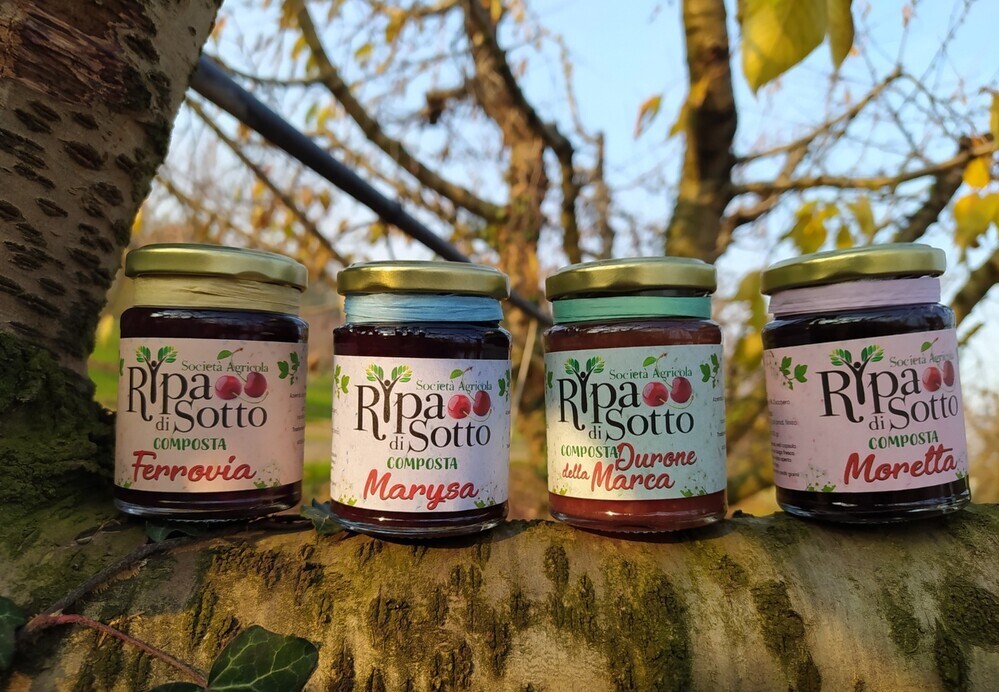
Finally, the approach to cryo-dried product must also be added to this. Basically, the basic idea is to reduce product waste as much as possible.
Lately, we have been producing pillows with the dried kernels and, as a final addition, we are carrying out checks to even use the stem, which used to be used to produce herbal teas. The ultimate goal is to create a shop here on the farm where you can find the cherry all year round in all its possible variations.
We also want to achieve this goal by giving everyone the opportunity to understand what it means and how much work and passion there is behind an activity like ours. We provide workshops and guided tours, and we consider this very important. To tell the truth, it is a gamble, but the idea is to base everything on the cherry. There is so much to be said about the cherry, starting with seasonality, peculiarities and typicality.
Cherry Times - All rights reserved









